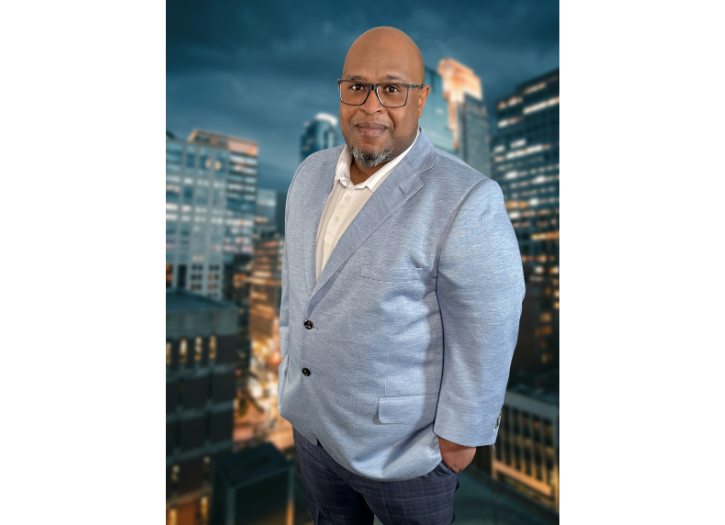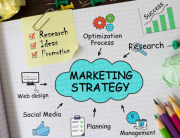In today’s rapidly evolving business landscape, the role of a leader is more critical than ever. Yet, a startling 83% of leaders feel unprepared for their roles. This gap in leadership readiness is not just a statistic; it’s a call to action. As a member of the Forbes Business and Coaches Councils, I have seen firsthand the transformative power of effective leadership. It’s time we address this challenge head-on and equip our leaders with the tools they need to succeed.
“Leadership isn’t about the position you hold but the influence you wield and the legacy you create.” – Mick Hunt
The Essence of Leadership Influence
Leadership influence transcends titles and positions of power. It’s about the impact one has on others, the ability to inspire meaningful change, and the capacity to steer an organization toward its vision. In an era marked by complexity and constant change, the need for leaders who can navigate these challenges with agility and foresight has never been more pressing. This is not just a theory but a necessity observed across industries.
“True leadership is measured by the influence you wield and the legacy you create.” – Mick Hunt
Vision and Strategic Thinking
A leader’s ability to envision the future and strategically plan to achieve that vision is paramount. This involves anticipating market trends, understanding organizational strengths and weaknesses, and developing strategies that ensure sustained growth and resilience against unforeseen challenges. Leaders must look beyond the immediate and cultivate a long-term perspective that aligns with their organization’s goals.
Leaders who fail to plan strategically are merely managing rather than leading. The difference lies in foresight and preparation. We need leaders who are not just reactive but proactive, setting a course for success rather than being tossed by the waves of change.
Emotional Intelligence
Emotional intelligence (EQ) is a cornerstone of effective leadership. Leaders with high EQ can manage their own emotions, understand and influence the emotions of others, and foster a work environment that promotes collaboration and trust. Emotional intelligence is not a static trait; it can be developed through self-reflection, mindfulness, and feedback. High EQ leaders are adept at building strong, cohesive teams and navigating complex interpersonal dynamics.
The business world is not devoid of emotion; it thrives on it. Whether negotiating a deal or resolving a conflict, the ability to understand and manage emotions can be the difference between success and failure.
Communication Skills
Effective communication is more than just articulating ideas clearly; it’s about listening actively and empathetically. Leaders must convey their vision, provide constructive feedback, and inspire their team through compelling narratives. Transparent communication fosters trust, reduces misunderstandings, and ensures that everyone is aligned with the organization’s goals. In an increasingly remote and digital work environment, mastering communication is more crucial than ever.
“Communication is the lifeblood of leadership. Without it, there is no connection, no trust, and ultimately, no success.” – Mick Hunt
Navigating Uncertainty
One of the most significant challenges leaders face is navigating uncertainty. Economic fluctuations, technological disruptions, and global crises create volatile environments. Leaders must be adept at managing change, making informed decisions with incomplete information, and guiding their teams through turbulent times. This requires a balance of confidence and humility, as well as a willingness to adapt and learn continuously.
Uncertainty is the only certainty in today’s business environment. Leaders who can embrace this reality and lead through it with clarity and purpose will be the ones who thrive.
Building and Maintaining Trust
Trust is the bedrock of effective leadership. However, building and maintaining trust can be challenging, especially in diverse and remote teams. Leaders must consistently demonstrate integrity, transparency, and reliability. This means being accountable for their actions, communicating openly, and creating a culture where trust is reciprocated and valued.
Trust is not given; it is earned. And in leadership, it is the most valuable currency.
Balancing Short-Term and Long-Term Goals
Leaders often grapple with balancing short-term objectives with long-term vision. While immediate results are essential for maintaining momentum, a narrow focus on short-term gains can undermine long-term sustainability. Effective leaders find ways to achieve immediate goals while keeping sight of their broader vision. This involves strategic planning, resource management, and a clear understanding of priorities.
“Leadership requires balancing the urgent with the important, ensuring today’s success while building tomorrow’s foundation.” – Mick Hunt
Actionable Insights for Aspiring Leaders
Developing a clear vision and communicating it effectively is foundational. Leaders should also invest in emotional intelligence, prioritize transparent communication, embrace continuous learning, foster a culture of accountability, and cultivate resilience. These elements are not just desirable; they are essential for anyone looking to lead effectively in today’s world.
Leaders should not just aim to be good; they should strive to be transformative. By mentoring and empowering others, leveraging technology, networking strategically, driving innovation, and promoting well-being, leaders can significantly enhance their influence and impact.
The Path Forward
Effective leadership is a transformative force that can propel organizations to new heights. By embracing the principles of leadership influence and addressing common pain points, leaders can drive positive change, inspire their teams, and achieve lasting success. The journey to becoming an influential leader is ongoing, requiring continuous learning, adaptability, and a deep commitment to personal and professional growth. Are you prepared to step up and become the leader you were meant to be? The time to act is now.
Follow Mick: LinkedIn Instagram Twitter YouTube
Photo Credit: Courtesy of TOM ESTEY PUBLICITY & PROMOTION







Add Comment